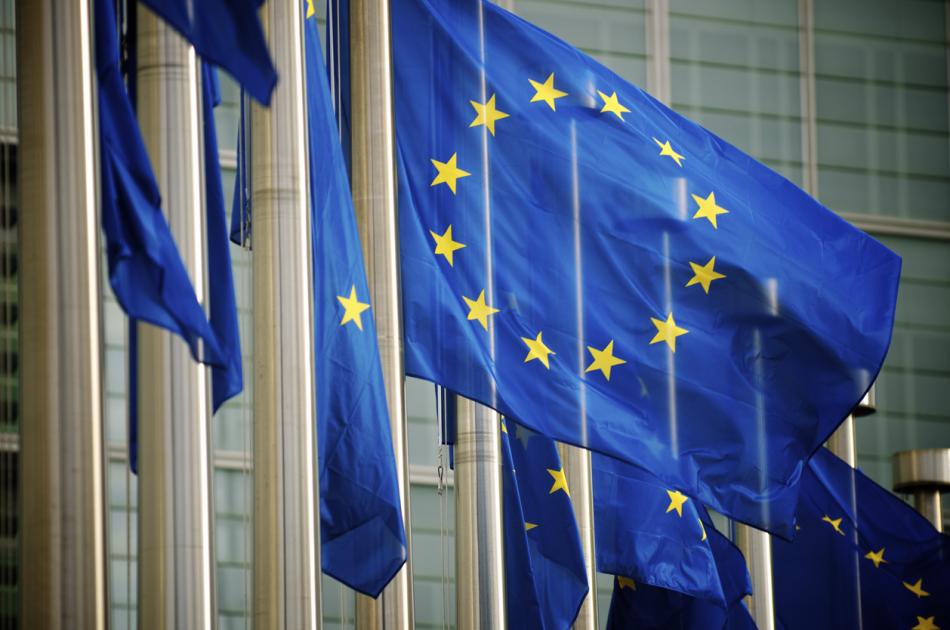The only constant in politics is change. Sir Keir Starmer’s shifting stance on Brexit is a good example. Back in 2019, as Labour’s shadow Brexit secretary, Starmer was an ardent advocate for holding a second referendum and for his party to campaign to be within the EU in such a vote. Five years on, after leading Labour to a majority at the 2024 general election, Starmer has declared that he has no intention of seeking to rejoin the EU, arguing that reopening the Brexit debate would bring about turmoil and uncertainty. But is this in line with what voters want, especially among those who backed his party at the general election? Do voters support the prime minister’s position of moving on and ‘making Brexit work’ or do they want to revisit the European issue with another referendum?
Over eight years have passed since the vote to leave the EU in 2016. Much has happened since then – not least the COVID-19 pandemic, Russia-Ukraine conflict, and subsequent cost-of-living crisis. Perhaps, as a result, Brexit no longer matters much to voters, particularly as compared with issues such as health and the economy. On the other hand, polling has suggested that voters, including those who backed leaving the EU, are not particularly happy with how Brexit has turned out. Around six in ten feel it has ‘gone badly’ and over a half of the public think that in hindsight Britain was wrong to vote to leave the EU.
To assess where the public currently stand on having another EU vote, in July this year respondents to the random-probability NatCen Opinion Panel, based at the National Centre for Social Research, were asked:
Do you think there should or should not be a referendum on the UK’s membership of the European Union in the next 5 years?
Among the public as a whole, just over half (51%) think there should be a new referendum within the next five years – more specifically, a third (29%) believe there ‘definitely’ should be a vote, while around a quarter (23%) say there ‘probably’ should be one. Meanwhile, just 36% of Britons think there should not be another vote – 22% ‘definitely’ and 13% ‘probably’. Thirteen per cent said they don’t know – excluding this group, the proportions are 59% in favour of another EU vote and 41% against.
